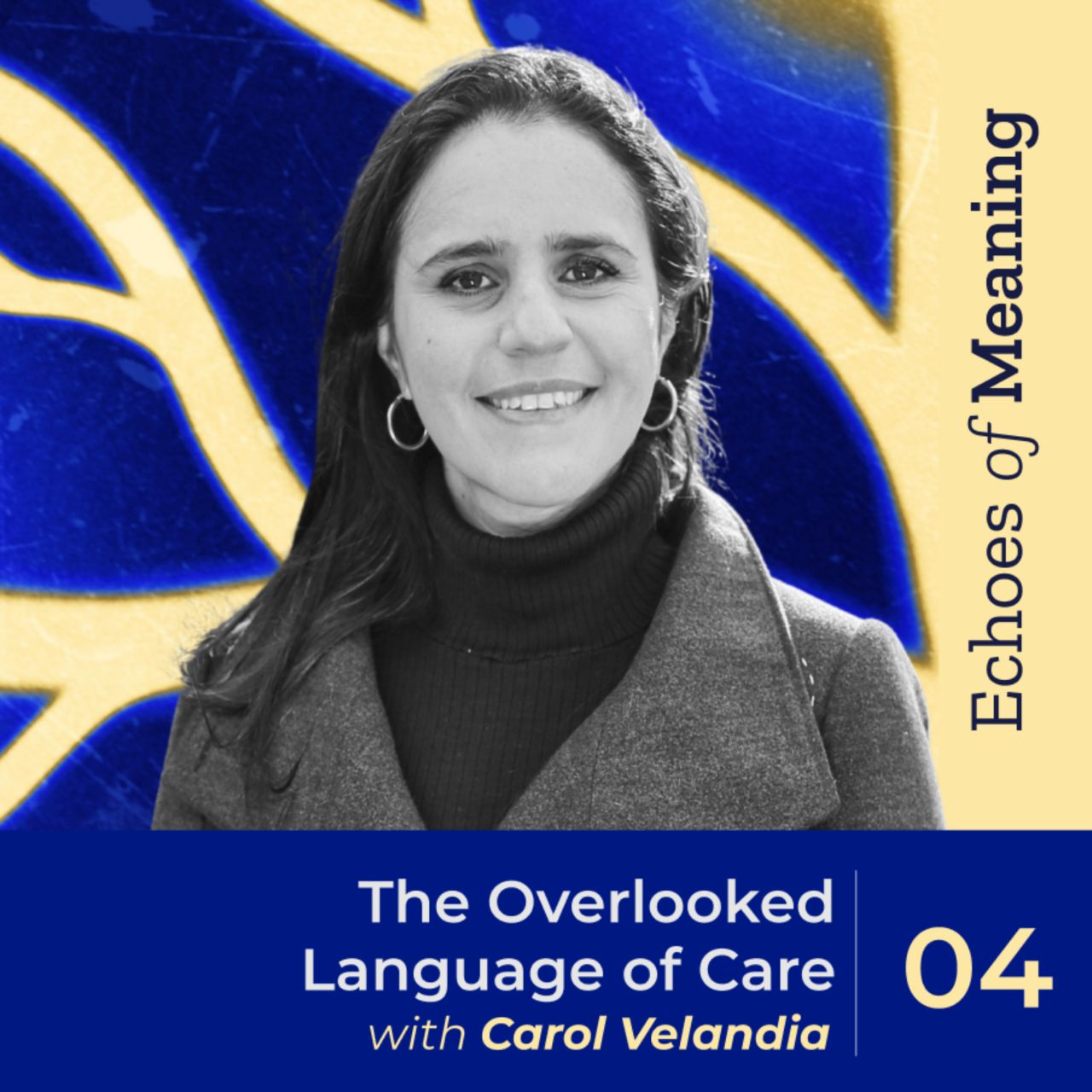
The First Act of Advocacy
Carol recalls her earliest advocacy moment vividly. While working as an interpretor at Johns Hopkins Hospital, she entered a contest called “Seeing The World Through a Safer Lens,” designed for departments to showcase their contributions to patient safety. She created a video, Saving Lives in Many Languages, highlighting how essential interpretors are for safe and ethical care.
To everyone’s surprise, this non-clinical entry won first prize across 14 hospitals. More than an award, it was proof: language access saves lives. The project sparked new demand for interpretation services, shifted clinicians’ perspectives, and earned Carol a place on the hospital’s Ethics Committee.
“It was the first time I realized,” she reflects, “that language access advocacy could open doors for understanding and change.”
From Passion to Purpose
That moment was a turning point. Carol soon left the hospital to build something larger: her own platform for advocacy and services. A few years later, she founded Equal Access Language Services (EALS) with a vision to address language barriers not just in healthcare, but across courts, schools, and all public services.
Her philosophy was clear: inclusion is not a statistic. Inclusion is hearing people in their own voice.
To deepen her impact, Carol became a certified court interpretor, expanded her work into consulting, and eventually developed Effective Inclusion Through Language Access — a seven-module training program for professionals in healthcare and beyond. Its core message: diversity and equity are incomplete without language access.
Language, Expression, and Identity
For Carol, language is more than words. It is identity, personality, and culture. She often shares how, when brilliant physicians from abroad struggled to express themselves in English, they were perceived as less competent. “Their knowledge hadn’t changed,” she explains, “only the language they had to use. That is the power — and the danger — of language barriers.”
This belief in expression as a human right extends beyond her work. Carol, now studying flamenco dance in Granada, Spain, likens learning dance to learning a new language: “You only find your voice — or your dance — once you’ve combined rhythm, steps, and feeling. That’s when the real expression comes through.”
It is this same philosophy that grounds EALS: our work is about unlocking expression so every individual can come through fully, without being muted by barriers.
Advocacy in a Changing Landscape
Carol has been a vocal critic of policies that weaken language access rights. She points to recent executive actions designating English as the official U.S. language and rolling back protections for people with limited English proficiency.
To her, these moves are more than bureaucratic changes: “It’s like questioning whether ramps for wheelchair users are really necessary. Language access isn’t a luxury. It’s a ramp to justice, safety, and dignity.”
Her advocacy emphasizes not only the rights of individuals but also the ethical duties of professionals. Every code of ethics — for doctors, lawyers, social workers — calls for effective communication with the communities they serve. For Carol, that makes language access non-negotiable: “If you’re not embedding language access, you’re not fulfilling your ethical responsibility.”
A Vision for the Future
Carol’s mission is ambitious but urgent: to eliminate language-based discrimination in public services. In her words:
“I want every person in the United States — all 26 million who don’t speak English fluently — to know they have the right to be understood. And I want every professional, policymaker, and leader to know how to make that right real.”
Through Equal Access Language Services, Carol continues to build toward that vision — creating programs, advocating for policy change, and training professionals to see language access not as an afterthought but as the cornerstone of true inclusion.
Everyone Has a Role
Carol insists that advocacy is not just for interpreters or language professionals. Everyone can play a role:
“In the end,” Carol says, “every conflict begins with miscommunication. Language access is one of the levers we have to reduce misunderstanding, build peace, and make inclusion real.”
At Equal Access Language Services, we are proud to carry forward our founder’s vision. Carol’s journey reminds us that language access is not just about translation — it is about dignity, safety, and justice. And until every voice can be heard in its true form, our work is not done.